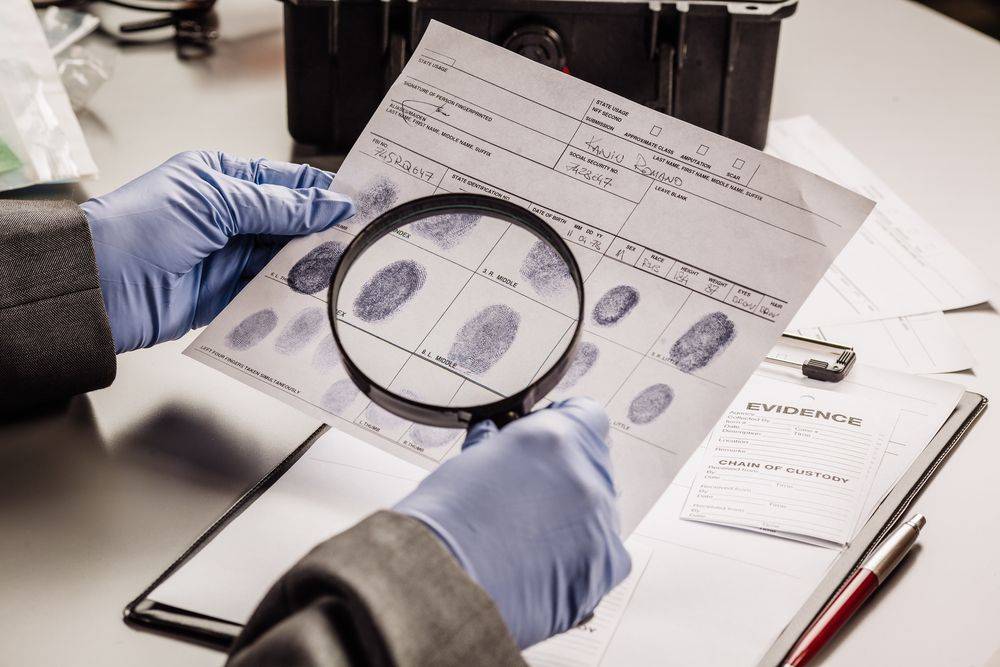Some problems created by humans are beyond our ability to fully correct. For example, various environmental experts believe the damage to wildlife from the 2010 BP Deepwater Horizon catastrophe in the Gulf of Mexico will likely be felt for many decades to come.
The majority of police and prosecutors probably do play by the rules and problems created by their unethical or illegal conduct by are usually fairly limited in scale. On occasion, however, a scandal reminds us that a pattern of behavior can be so long-standing or so pervasive (or both) so as to adversely affect hundreds or even thousands of convictions and pending cases. Like some environmental catastrophes, the problems exposed by these cases cause may be too large to be fixed in any meaningful way.
Here are some recent examples.
Orange County, California
After learning of a pervasive pattern of misconduct over 25 years or more by corrections officers who procured false jailhouse confessions and prosecutors who repeatedly failed to disclose the existence of potentially exculpatory evidence, a Superior Court judge in Los Angeles disqualified every one of the approximately 250 or so attorneys in the office of the Los Angeles District Attorney from continuing to prosecute a mass murderer whose case was allegedly affected by the state’s and court’s officers malfeasance.
New Orleans
The investigation into the carjacking and murder conviction of John Thompson revealed widespread prosecutorial incompetence, poor training and willfully ignoring exculpatory evidence. Thompson was eventually exonerated based on the very evidence that was deliberately ignored, but only after 18 years – 14 of them on death row – in state prison. While the pervasiveness of the misconduct exposed by Thompson’s seems apparent, no further action was taken against the prosecutors involved.
Crime Lab Scandals
Nor is widespread, long-standing misconduct the sole province of the District Attorney’s Office or the Police Department. In a scandal that continues to draw attention from around the country, Massachusetts State Crime Lab chemist Annie Dookhan pleaded guilty in 2012 to having falsified records relating to more than 60,000 tests of alleged illegal drugs. According to court records, Dookhan’s deceit continued undetected for nearly nine years and may have affected as many as 34,000 criminal cases. As of 2017, more than 20,000 cases against of so-called “Dookhan defendants” have voluntarily been dismissed.

In a subsequent case in Western Massachusetts, defense motions prompted an investigation that confirmed allegations that crime lab chemist Sonja Farak had tampered with evidence, also – by her own account – consuming enough illicit drugs stolen from the lab to keep her high virtually every day of her eight years on the job. Once again, the affected cases may number in the thousands. In addition, the investigation found that prosecutors repeatedly withheld evidence of the questionable lab results from defense counsel.

